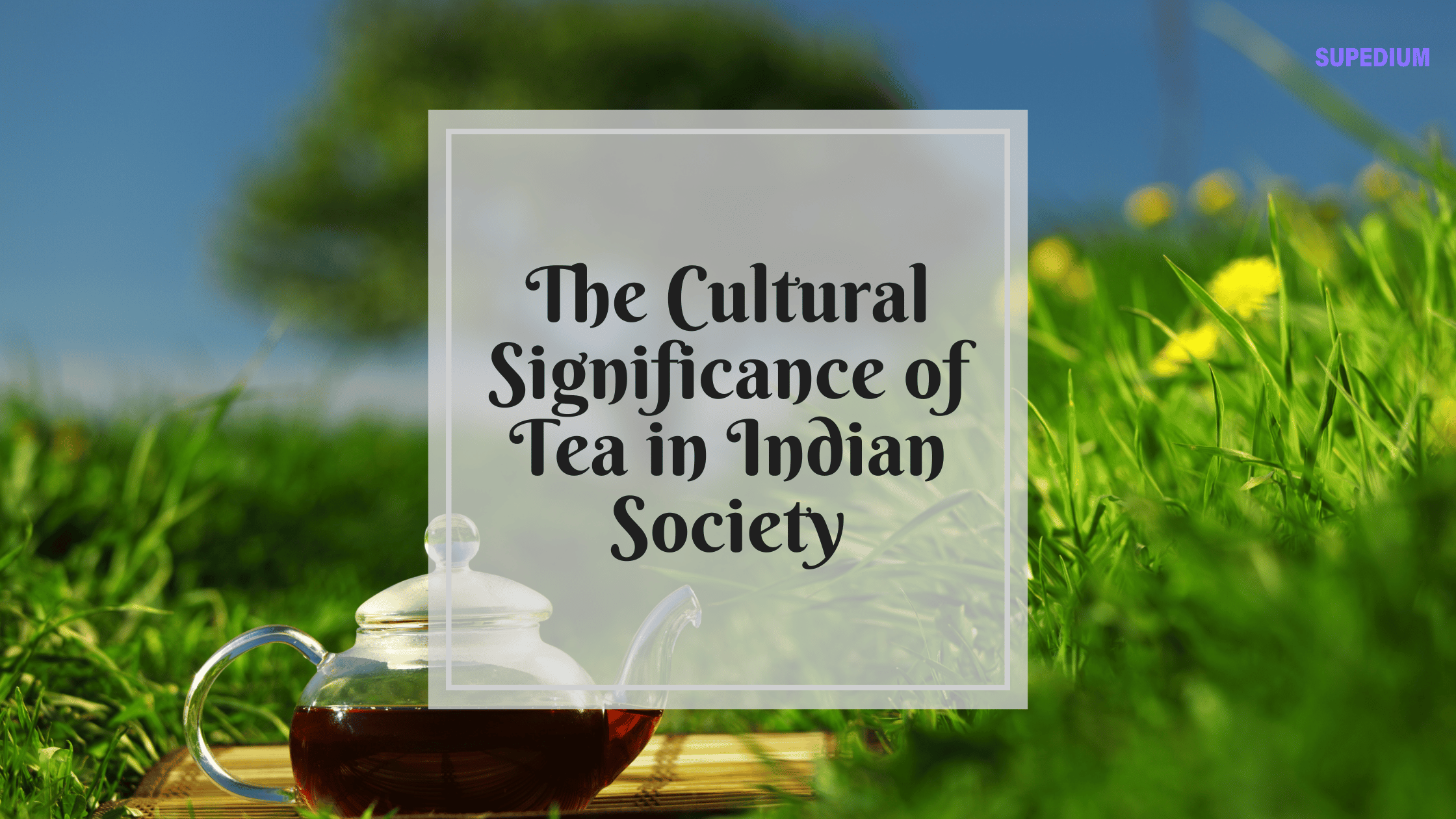Table of Contents
![]()
Tea, an aromatic beverage enjoyed worldwide, holds a special place in Indian culture. Its journey from a British colonial commodity to a deeply ingrained element of Indian daily life reflects the multifaceted ways in which it has shaped and been shaped by the society. This article explores the cultural significance of tea in Indian society, from its historical origins to its impact on modern social practices.
Historical Context
The story of tea in India began in the 19th century, when the British East India Company introduced tea plants to the region. Prior to this, tea was not a traditional part of Indian culture. The British, recognizing the potential of India’s climate for tea cultivation, established plantations primarily in Assam and Darjeeling. This introduction was not merely about growing tea but also about creating a new economic sector.
The expansion of tea estates under British colonial rule had profound impacts. The colonial administration leveraged tea as a major export commodity, which significantly influenced the local economy and labor practices. Indigenous laborers were employed under challenging conditions, reflecting the complex socio-economic dynamics of the time.
Tea in Daily Life
Today, tea is a staple in Indian households. It has transcended its colonial origins to become a deeply embedded part of daily routines. The preparation and consumption of tea, commonly known as “chai” or “masala tea,” vary across regions, reflecting local preferences and practices. In most Indian homes, chai is brewed with a blend of tea leaves, milk, sugar, and spices such as cardamom and ginger, creating a flavorful and invigorating drink.
Tea also plays a significant role in social interactions. It is a symbol of hospitality and is often served to guests as a gesture of welcome. Traditional customs include serving tea in small cups accompanied by biscuits or savory snacks, enhancing the communal experience.
Regional variations are notable. In Assam, strong black tea with minimal milk is preferred, while in Punjab, tea is often rich and creamy. This regional diversity illustrates how tea has adapted to and been integrated into different local cultures.
Tea and Social Identity
Tea has become more than just a beverage in India; it represents various aspects of social identity. In family settings, tea is central to gatherings and conversations, often serving as a social lubricant that facilitates interaction and bonding. The act of sharing tea is a communal experience that reinforces relationships and social cohesion.
Social status also influences tea consumption. Historically, tea was associated with the British elite, but over time, it has become democratized. Today, tea is enjoyed across all social strata. However, the rise of specialty teas and premium brands has introduced new dimensions to tea consumption, with upscale cafes and artisanal blends catering to different social classes and tastes.
Public spaces, such as roadside tea stalls or “tapris,” are integral to social life. These informal establishments serve as meeting points for people from various walks of life, fostering community interaction. In contrast, contemporary urban settings see tea consumption in modern cafes and sophisticated tea lounges, reflecting changing lifestyles and preferences.
Tea and Cultural Practices
Tea’s role extends into cultural practices and rituals. It is often included in traditional ceremonies and celebrations, with special preparations for festivals and special occasions. For instance, during Diwali, tea might be flavored with festive spices or herbs, adding a special touch to the celebrations.
In literature and art, tea has been a recurring theme. Indian literature and poetry frequently depict tea-drinking scenes as symbols of comfort, social interaction, and cultural identity. Artworks and crafts inspired by tea reflect its aesthetic significance and influence on design.
Economic Impact of Tea
The tea industry is a significant contributor to the Indian economy. It provides employment to millions, particularly in tea-growing regions. The industry’s role in export markets further highlights its economic importance. India is one of the world’s largest tea producers and exporters, with tea contributing substantially to the national GDP.
Despite its economic benefits, the tea industry faces challenges. Labor issues, including poor working conditions and inadequate wages, remain a concern. Additionally, environmental issues related to tea cultivation, such as deforestation and pesticide use, pose sustainability challenges that need addressing.
Modern Trends and Future Outlook
In recent years, there has been a rise in the popularity of specialty teas and global influences. Artisanal and premium teas have become fashionable, with consumers seeking unique flavors and high-quality blends. This trend reflects a broader globalization of tea culture and presents new opportunities for the Indian tea industry.
Changing attitudes towards tea also reflect broader lifestyle shifts. Modern health trends and innovations in tea preparation, such as cold brews and flavored infusions, are transforming how tea is consumed. These changes are likely to shape the future of tea in India.
The Indian tea industry faces both opportunities and challenges. Embracing technology and sustainable practices could drive future growth and development. As the industry evolves, it will need to balance economic goals with social and environmental responsibilities.
Conclusion
Tea holds a significant place in Indian society, woven into the fabric of daily life, social practices, and cultural traditions. From its colonial origins to its current role in modern India, tea has shaped and reflected societal changes. As the industry continues to evolve, tea will undoubtedly remain a cherished and integral part of Indian culture.
Share This





Be the first to comment